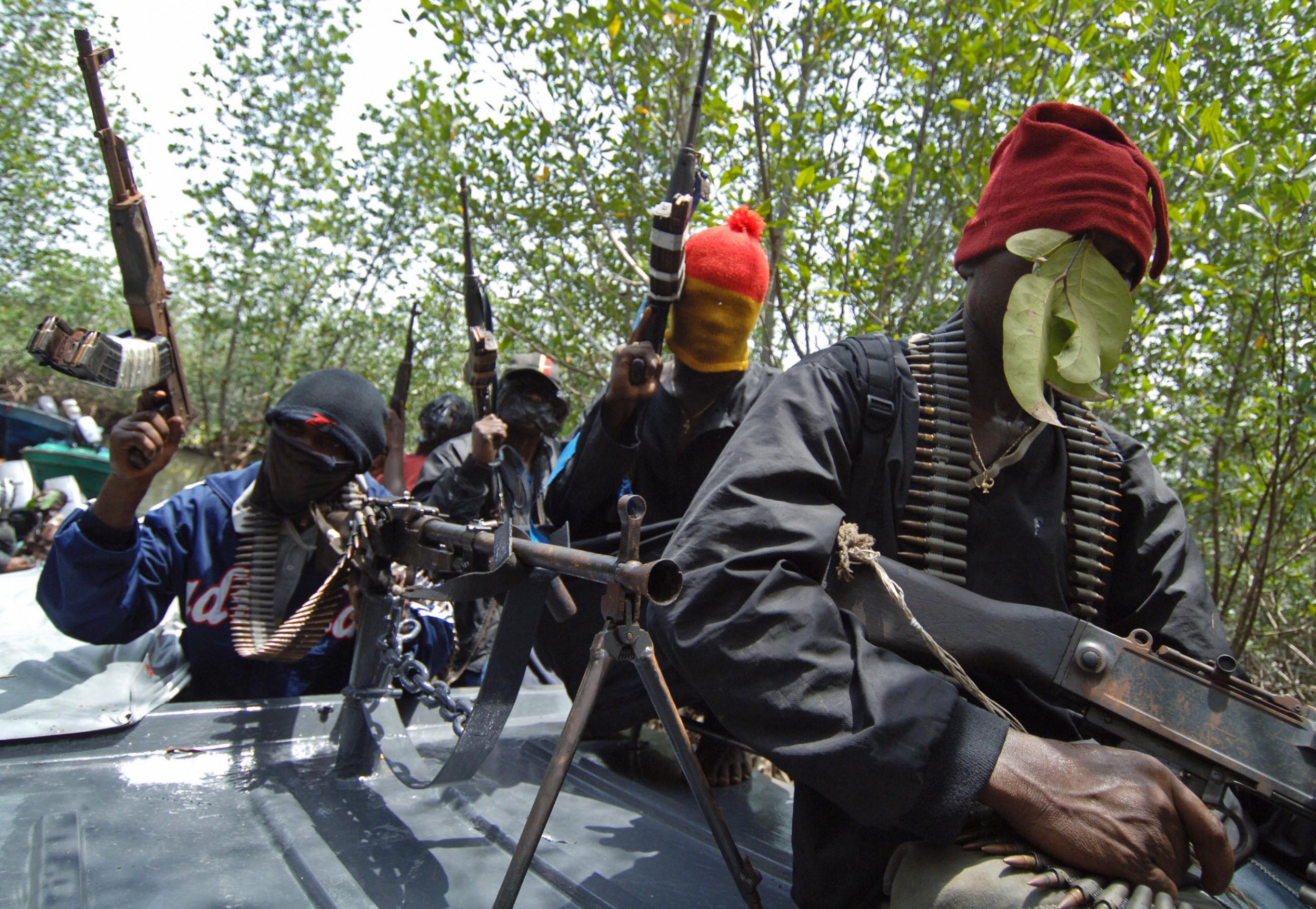The Nigerian government’s decision to grant amnesty to former Niger Delta militants has been a subject of debate and diverse opinions, with some applauding it as a path to stability and others contending that it has inadvertently catalysed violence and criminal activities in the region. Based on insights from my doctoral PhD field research, I aim to provide a holistic view of the various perspectives surrounding the amnesty programme and to emphasize the need for a re-evaluation of its effectiveness and impact on the Niger Delta community.
Late President Umaru Musa Yar’Adua introduced the amnesty programme with the hope of quelling the long-standing social and political turmoil in the Niger Delta. The presidential amnesty was seen by some as a beacon of peace and a stepping-stone towards the much-needed development in the region. The proponents and other scholars have posited that the amnesty could be a pivotal step in attaining peace and fostering development in the Niger Delta.
The amnesty committee was responsible for training former militants, both within Nigeria and abroad, thereby providing them with crucial skills necessary for their reintegration into society. These trained individuals have subsequently taken the mantle to promote peace, engaging actively in grassroots campaigns that encourage their fellow ex-militants to renounce their past actions and embrace the path of peace and development.
However, the programme has had its share of critics, who argue that the government has disproportionately prioritised those who once bore arms against the peace and security of the Niger Delta region. They claim that the government’s financial support to the ex-militants often ends up being utilised to acquire more weapons, thereby expanding their criminal networks and rendering them more dangerous than before. This vicious cycle of amnesty followed by rearmament contributes to the perpetual insecurity in the region, with some opining that non-violent measures are the only viable solution to achieving lasting peace in the Niger Delta.
- PDP loses national woman leader, Effah-Attoe
- Tinubu: Nigeria crawling but we’re ready to change that narrative
A glaring issue with the amnesty programme is the failure of many beneficiaries to surrender their weapons, as stipulated by the programme’s terms. Instead, these individuals utilise the financial stipends provided by the government to procure more weapons, further perpetuating criminal activities such as kidnapping, vandalism, violence, and robbery. This flagrant disregard for the terms of amnesty brings to question the programme’s effectiveness and its potential to facilitate genuine reintegration into society.
Moreover, the government’s overemphasis on monetary compensation has overshadowed other critical components of the amnesty programme such as psychological counselling and social integration. These elements are vital in rehabilitating battle-hardened ex-militants and in facilitating their smooth transition back into civilian life. The neglect of these aspects has not only left the system open to abuse but has also hindered the achievement of lasting peace in the Niger Delta region.
The government’s approach has also been criticized for disproportionately rewarding those who prioritise financial gain as a primary condition. This trend has discouraged so many younger citizens from pursuing educational opportunities, as they perceive more immediate financial prospects in violence and militancy. A more balanced approach would be to redirect resources towards empowering those who have completed their studies, thereby providing them with educational and employment opportunities that can contribute positively to the development of the Niger Delta.
The proliferation of arms in the Niger Delta remains a significant concern, despite the government’s efforts to control their circulation. The presence of armed individuals in the region is indicative of the inefficacy of the disarmament initiatives undertaken by the government. Furthermore, the government’s focus on paying stipends to militants with limited skills training has not yielded the desired outcomes in terms of peace and development in the region.
The unintended consequences of the amnesty programme have also allowed militant leaders to elevate their status among the youths, thereby further fuelling gang-related activities. The lucrative payments offered under the amnesty programme and awarding of mega contracts to former militants continue to attract armed militants, with even regions like Ogoniland witnessing the persistence of armed militants, thereby casting doubt on the effectiveness of the programme.
Despite the portrayal of militants as freedom fighters, there has been growing criticism of their involvement in pipeline vandalism. This act often results in oil spills that cause extensive harm to local communities. Activists and community elders have consistently called on the militants to desist from these violent activities and to seek peaceful means of addressing their grievances.
A distinction must be made between militants who embraced the amnesty programme and those who are involved in criminal activities such as armed robbery and kidnapping. The latter group operates independently from the former and often recruits young individuals enticed by the promise of future amnesty. These activities have created a rift between the militants and the community, as the former retreat to the bush, abandoning their families and instilling fear among those who remain.
Regrettably, the allure of financial gain has caused many to lose sight of the environmental justice issues that initially motivated their involvement in militancy. Amnesty beneficiaries and their counterparts attract unemployed youths by offering them the prospect of quick money. These youths, facing limited career prospects and neglected by federal social programmes, are enticed by the opportunity to earn money, even if it means engaging in criminal activities.
The presidential amnesty programme for Niger Delta militants has elicited a range of reactions and concerns from various stakeholders. While it initially offered hope for peace and development, the unintended consequences and shortcomings of the programme have cast doubts on its effectiveness.
It is imperative that the government re-evaluates the programme and considers alternative approaches, such as prioritising ongoing environmental remediation and clean-up efforts in the Niger Delta region. By addressing the root causes of militancy and focusing on long-term solutions, we can achieve a more sustainable path toward lasting peace and prosperity in the Niger Delta.
Against this backdrop, I am of the opinion that the office of the security adviser to the president should consider concluding the presidential amnesty. As it stands, the amnesty project is an unending conduit pipe.
Adam, PhD resides in Abuja

 Join Daily Trust WhatsApp Community For Quick Access To News and Happenings Around You.
Join Daily Trust WhatsApp Community For Quick Access To News and Happenings Around You.



